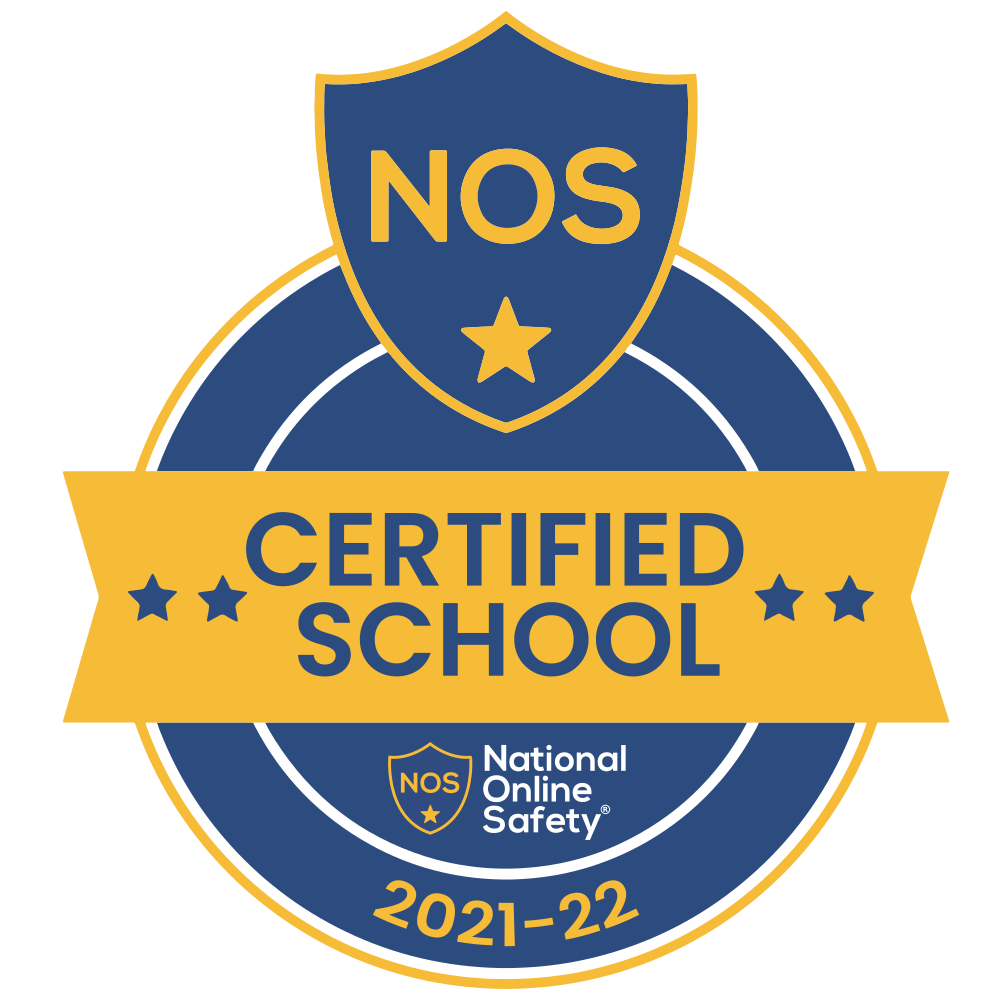The Prevent Duty
Preventing Radicalisation
Children are vulnerable to extremist ideology and radicalisation. Similar to protecting children from other forms of harms and abuse, protecting children from this risk should be a part of a schools’ or colleges’ safeguarding approach.
Extremism is the vocal or active opposition to our fundamental values, including the rule of law, individual liberty and the mutual respect and tolerance of different faiths and beliefs. This also includes calling for the death of members of the armed forces.
Radicalisation refers to the process by which a person comes to support terrorism and extremist ideologies associated with terrorist groups.
There is no single way of identifying whether a child is likely to be susceptible to an extremist ideology. Background factors combined with specific influences such as family and friends may contribute to a child’s vulnerability. Similarly, radicalisation can occur through many different methods (such as social media) and settings (such as the internet).
However, it is possible to protect vulnerable people from extremist ideology and intervene to prevent those at risk of radicalisation being radicalised. As with other safeguarding risks, staff should be alert to changes in children’s behaviour which could indicate that they may be in need of help or protection. Staff should use their judgement in identifying children who might be at risk of radicalisation and act proportionately which may include the designated safeguarding lead (or deputy) making a referral to the Channel programme.
The Prevent Duty
All schools and colleges are subject to a duty under section 26 of the Counter- Terrorism and Security Act 2015 (the CTSA 2015), in the exercise of their functions, to have “due regard to the need to prevent people from being drawn into terrorism” This duty is known as the Prevent duty.
The Prevent duty is part of Da Vinci Academy’s wider safeguarding obligations.
The Designated safeguarding lead and other senior leaders have familiarise themselves with the Revised Prevent duty guidance: for England and Wales, especially paragraphs 57-76 which are specifically concerned with schools (and also covers childcare). The guidance is set out in terms of four general themes: Risk assessment, working in partnership, staff training, and IT policies.
Additional Support
The department has published advice for schools on the Prevent duty. The advice is intended to complement the Prevent guidance and signposts other sources of advice and support.
There is additional guidance: Prevent duty guidance: for further education institutions in England and Wales that applies to colleges.
Educate Against Hate, a website launched by the Her Majesty’s Government has been developed to support and equip school and college leaders, teachers, and parents with information, tools and resources (including on the promotion of fundamental British values) to help recognise and address extremism and radicalisation in young people. The platform provides information on and access to training resources for teachers, staff and school and college leaders, some of which are free such as Prevent e-learning, via the Prevent Training catalogue.
Channel
Channel is a programme which focuses on providing support at an early stage to people who are identified as being vulnerable to being drawn into terrorism. It provides a mechanism for schools to make referrals if they are concerned that an individual might be vulnerable to radicalisation. An individual’s engagement with the programme is entirely voluntary at all stages.
The Designated Safeguarding Lead (and any deputies) is aware of local procedures for making a Channel referral. As a Channel partner, Da Vinci Academy may be asked to attend a Channel panel to discuss the individual referred to determine whether they are vulnerable to being drawn into terrorism and consider the appropriate support required.
Whilst there is little evidence of radicalisation and extremism at Da Vinci Academy we must continue to adopt a “it could happen here” approach to safeguarding. All staff are required to complete annual Channel and Prevent training. This will also be completed for all new staff during induction.
Da Vinci Academy works closely with Sally Siner who works for the LA in the post of Prevent Education officer



